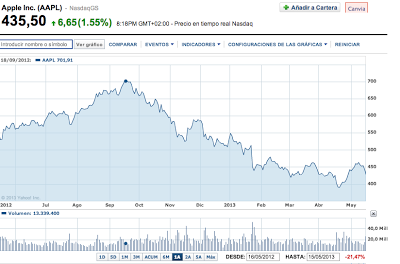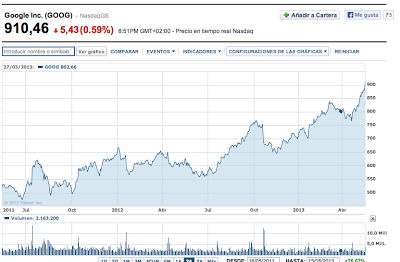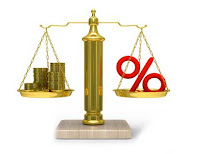Investment and speculation are two concepts widely used in the world of the stock. Often used interchangeably, although they have very different connotations from the perspective of value investing .
In this article we look at the difference between investment and speculation according to Benjamin Graham
, analyze the characteristics required for a financial transaction not
qualifying considered speculative and end the separation between the
two.
Definition of investment and speculation by Benjamin Graham
Benjamin Graham defines investment in his book "The Intelligent Investor" as follows:
"An investment operation is one which, upon thorough analysis, promises security to principal and an adequate return"
Speculation is defined by Graham opposed to investment:
"Operations not meeting these requirements are speculative"
The 3 requirements of a non-speculative investment by Graham
- Comprehensive analysis of the company
For Graham, a comprehensive analysis is:
"The study of the facts in light of the established safety criteria"
Therefore, an inversion to be made without prior analysis is speculative. The greater the depth of analysis, less investment is speculative.
- Security of our investment
According Benjamin Graham, this implies:
"Protection against losses under conditions or normal variations or reasonable"
As we see, this is a rather vague concept or subjective, so this will depend on what we consider normal. Warren Buffett is much more forceful with the requirement of investment security with its historic phrase:
"Rule No.1 is never lose money. Rule # 2 is never forget rule # 1 "
- Adequate performance
Graham considered adequate or satisfactory performance:
"Any type or quantity of performance, small it may be, that the investor is willing to accept as long as it acts with reasonable intelligence"
Again this is a subjective concept, because it depends on the investor's return objectives.
Is it possible to invest without speculating?
For Graham, any financial transaction that does not meet the requirements enumerated above are considered speculative. However, I consider it necessary to clarify the difference between investment and speculation of Benjamin Graham.
First, we must start from the fact that all investments are subject to some uncertainty, however small. As there is always the possibility of losing our investment, we can say that any investment involves speculation in varying degrees. There may be speculation without investment, but not without some speculation investment.
Although there is the economic concept of "risk-free rate" (rate of
return without risk), this no longer an abstract concept nonexistent in
practice. For many American bonds or German bonds are practical representations of this concept.
However, it is possible (although unlikely) that these countries can
not pay if it happens some totally unforeseen event, such as a war or a
natural disaster.
What we try to do is minimize speculation to maximize the safety of our investments and, therefore, minimize the risk. We have three methods reduce speculation and, therefore, increase the security of our investments:
- We invest in companies easily assessed, typically those with more predictable revenues.
- Deeper analysis of companies.
- Better analyze our investments, increasing our knowledge and experience.
The combination of these three methods, along with a large dose of
common sense and experience, is what has made Warren Buffett the third
richest man in the world and the best investor in history.
Ye may not be investing in the list of world's richest by Forbes
magazine, but with a little effort will succeed a good return for your
savings sleeping well at night.



















